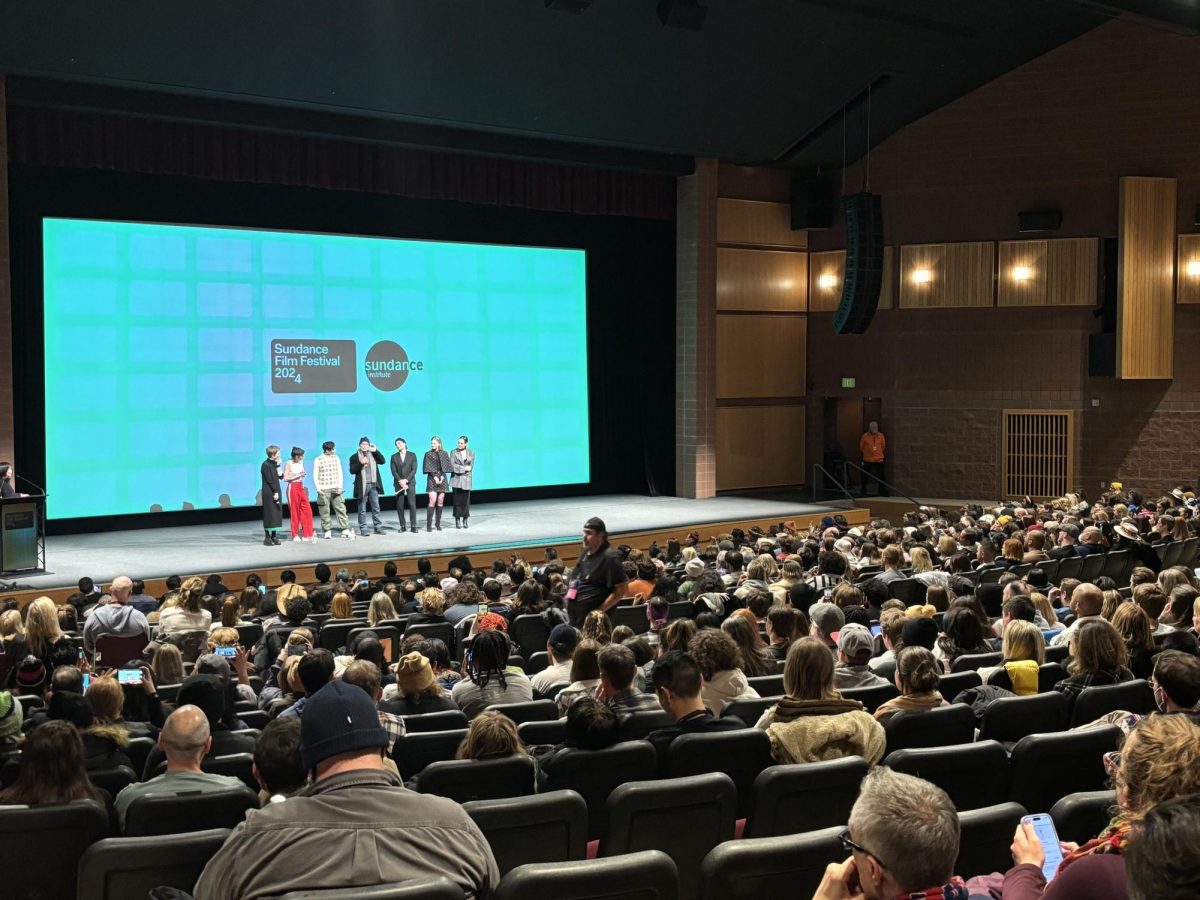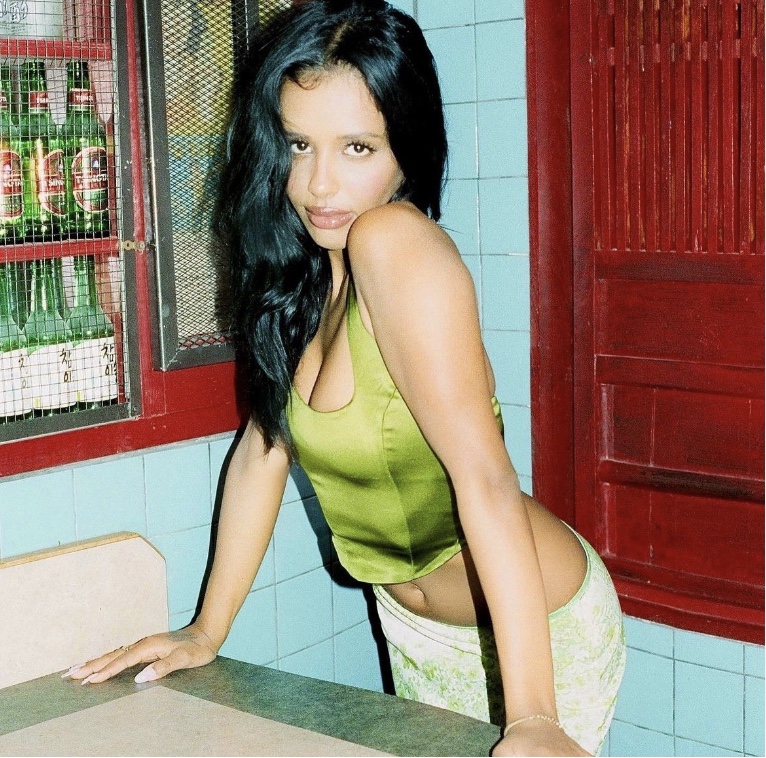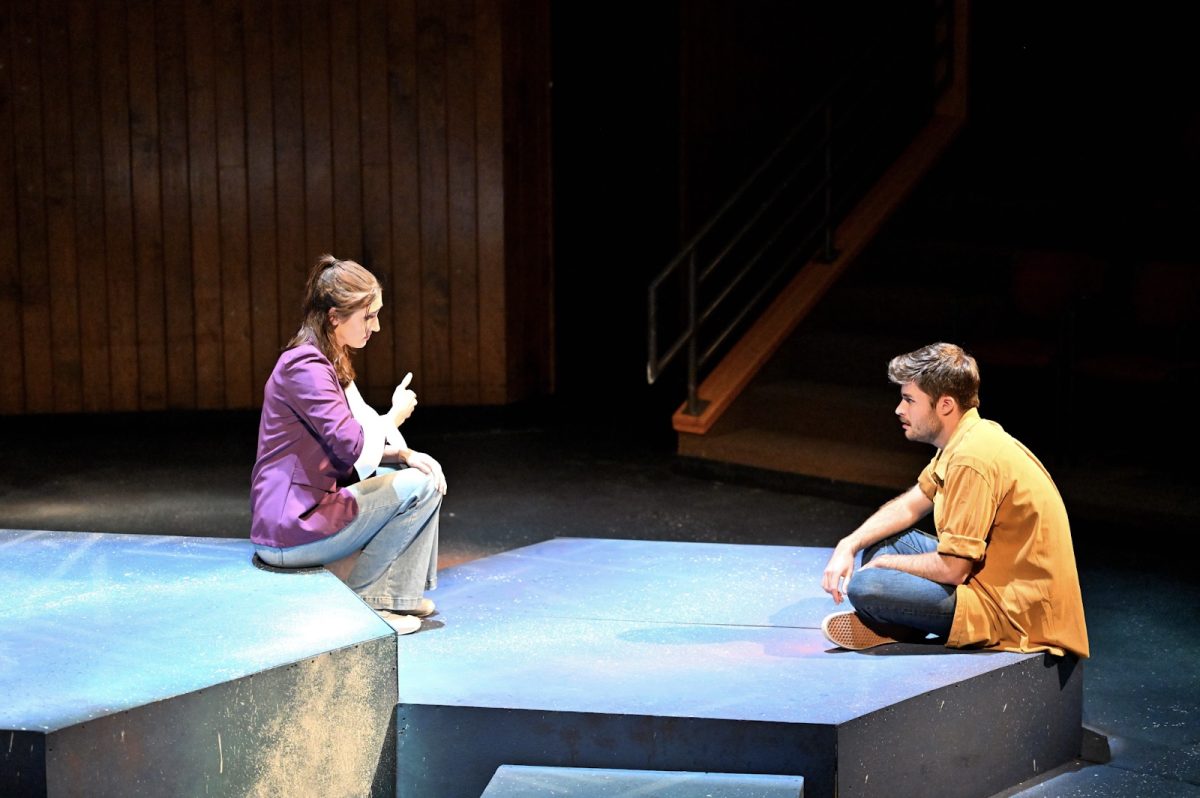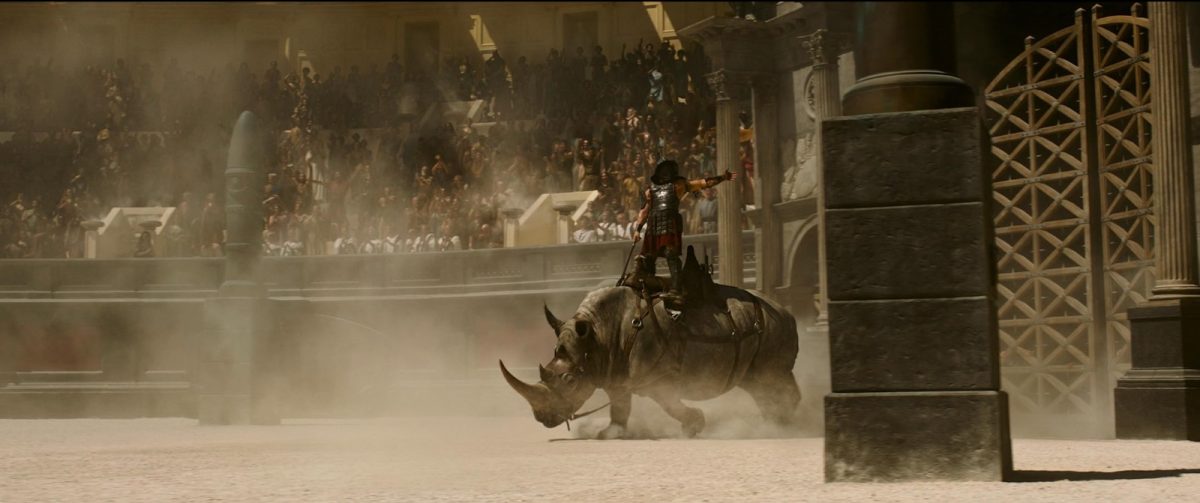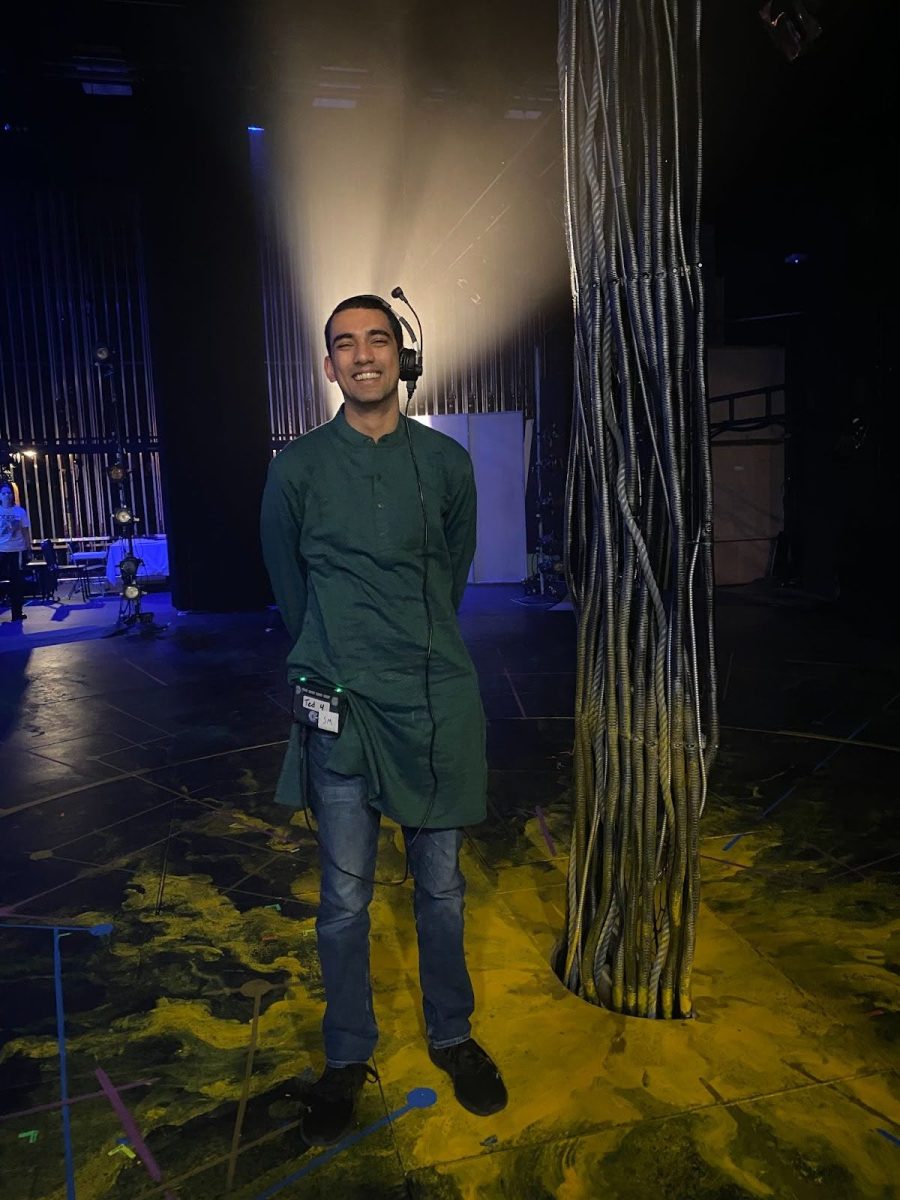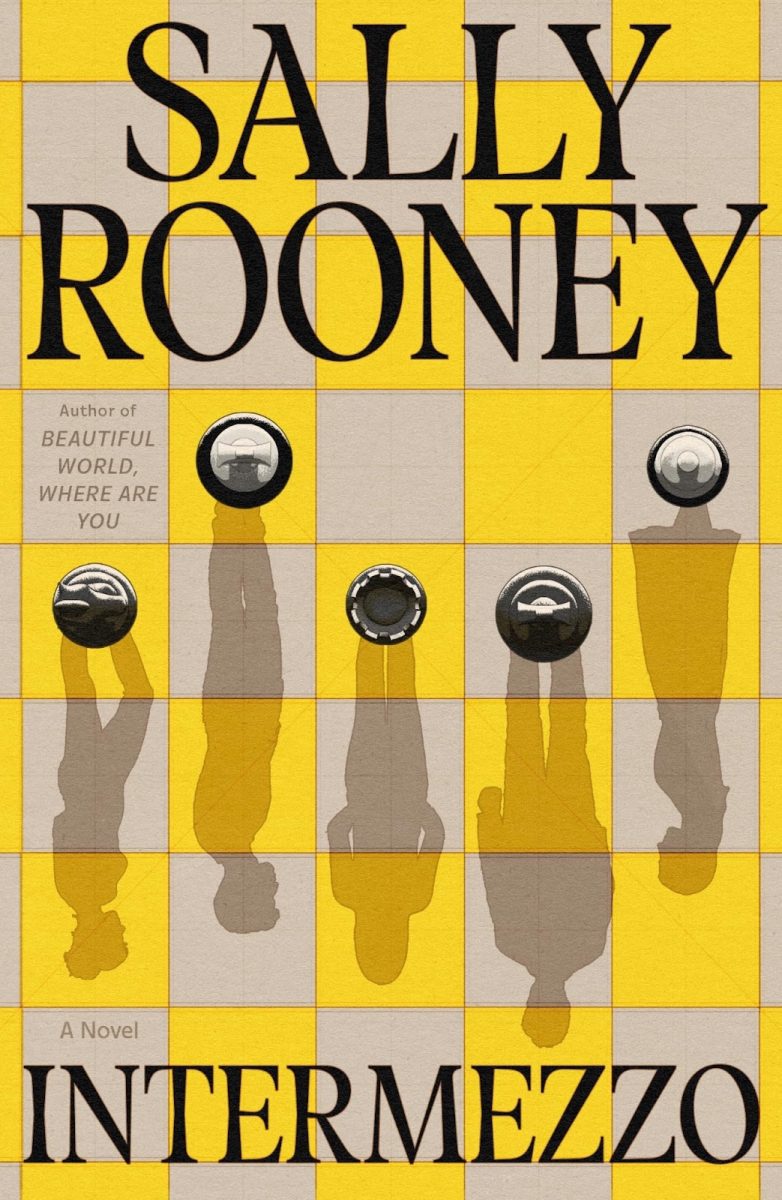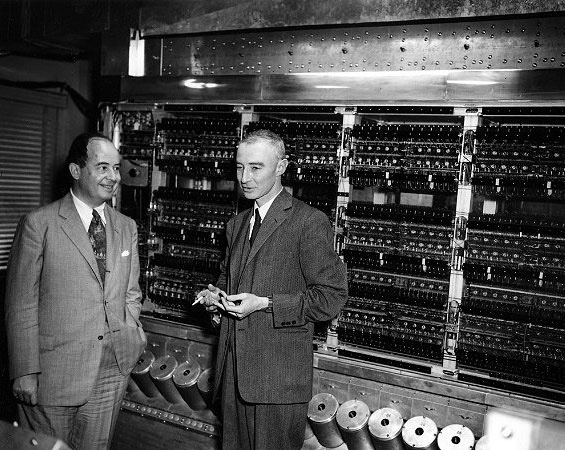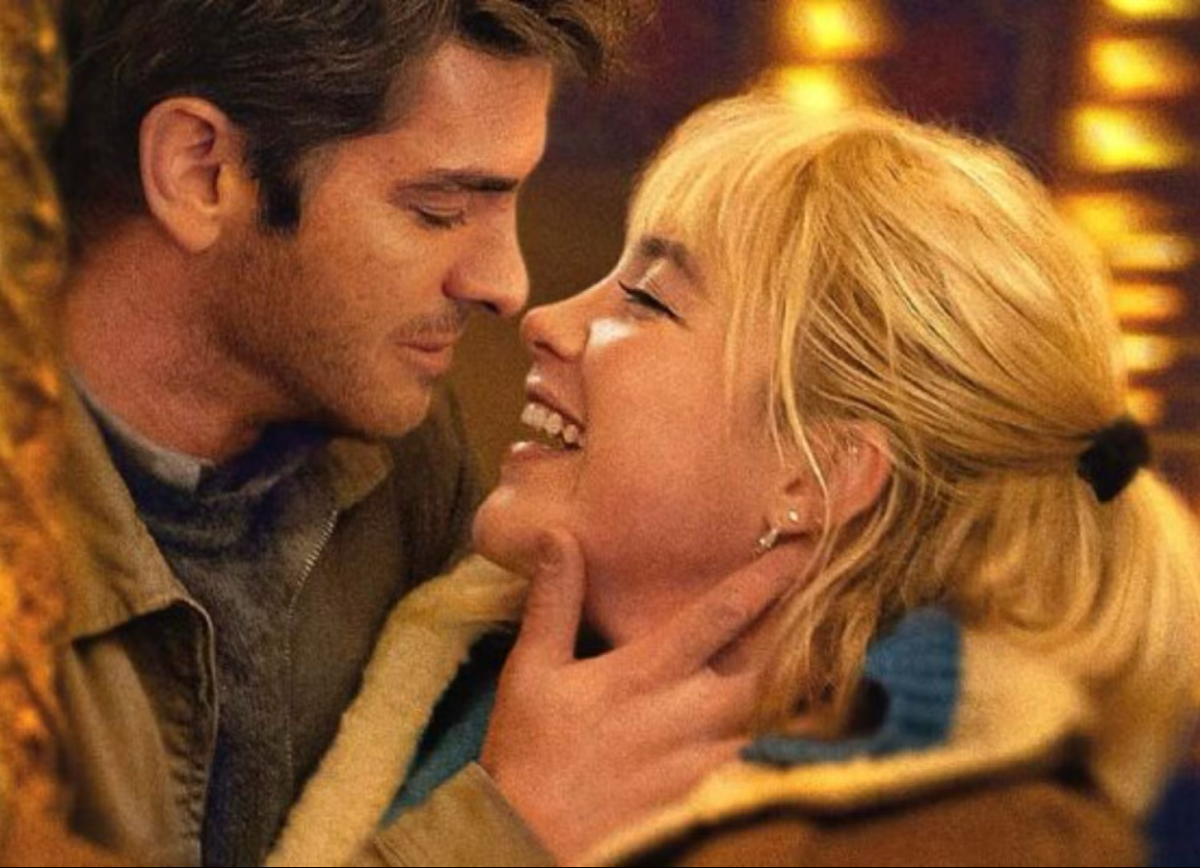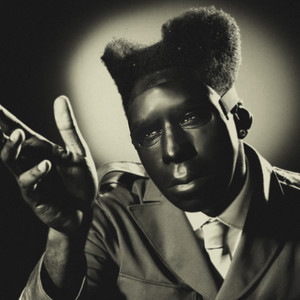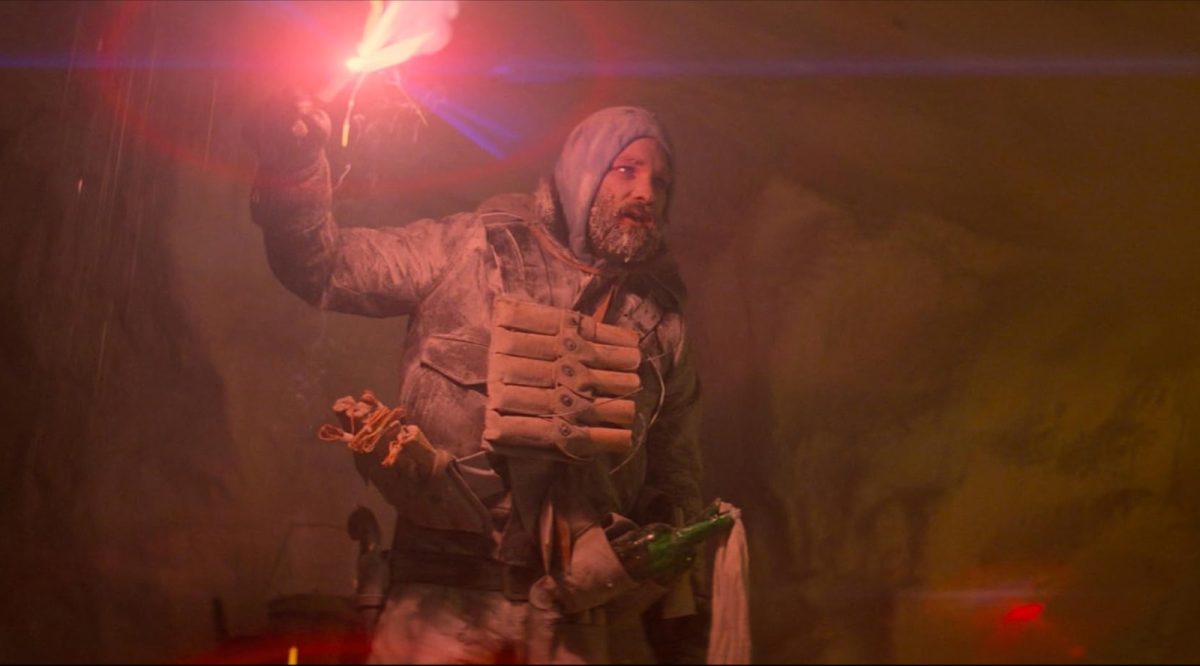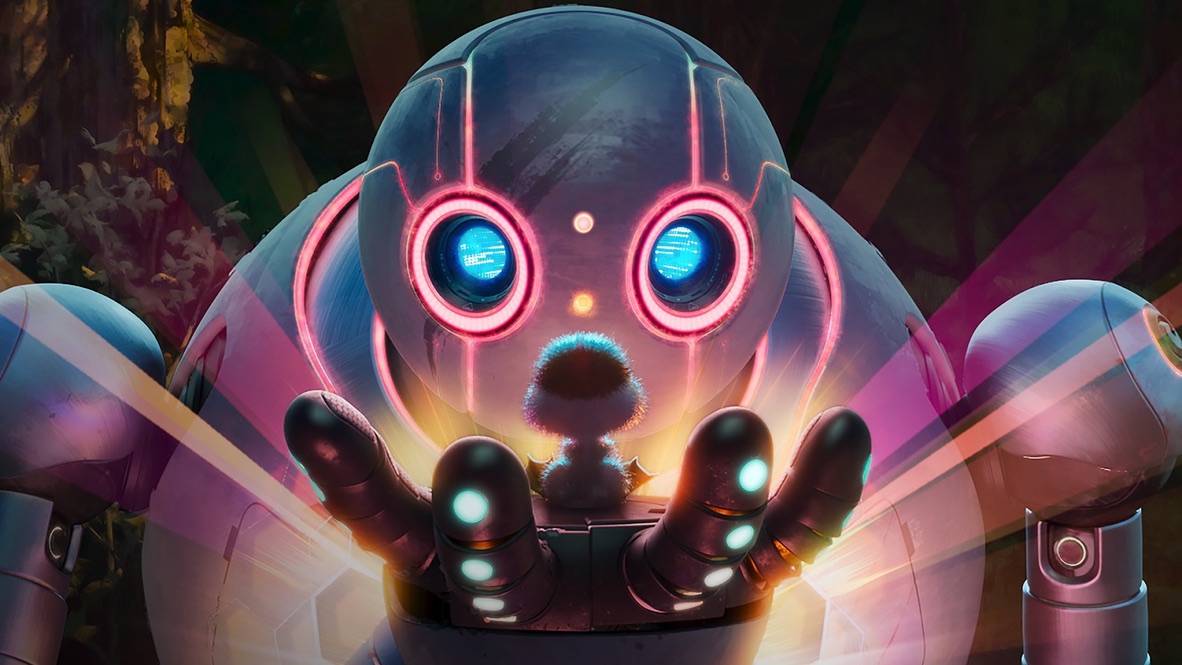There is no experience quite like the Sundance Film Festival. As the United States’ preeminent talent show for independent film, the Festival has a rich history of bringing the best of the world’s creative talents to Park City, Utah for a 10-day extravaganza of parties, panels and prizes.
By bringing together a carefully curated collection of films, including shorts, documentaries and narrative features, the Festival provides audiences with a glimpse into the development of the indie film aesthetic and the process by which those films are evaluated and brought to market.
I was fortunate enough this year to be a part of that audience, having had the unique opportunity to attend the Festival for a four-day period. While my time was predominantly spent in boardrooms and rented-out office space as a part of the temporary staff, I was able to use my free time to explore six of the Festival’s most buzzed-about feature films.
It is important to note that I did not see many of the most highly acclaimed films that premiered at the Festival, including “Super/Man: The Christopher Reeve Story,” “Gaucho Gaucho” and “Will & Harper,” among others. But of the ones I was able to watch, while some hit the highs expected of classic indie films from the past, others fell flat in their attempt to bring their subjects to the big screen.
My rankings are as follows, from my least favorite to my most favorite.
- Sue Bird: In the Clutch
Sue Bird — the legendary basketball icon, serial winner and LGBTQ+ trailblazer — deserved a better documentary than “Sue Bird: In the Clutch.” She deserved a film that matched her outsized impact in the world of women’s basketball. What she got instead was a skin-deep, conventional and at times boring film by director Sarah Dowland.
Problems with editing, structure and narrative drown out the more intimate explorations of lesbian femininity and the equality struggle that appear for brief moments — and yet have characterized Sue Bird and the WNBA throughout their respective lives. Dowland has talked extensively about her surprise in facing struggles financing a female and LGBTQ-centered documentary; after watching this movie, it doesn’t seem like those struggles will abate anytime soon.
- And So It Begins
Ramona S. Diaz has proven herself to be a talented and capable director depicting the social realities of the Philippines in her previous documentaries “A Thousand Cuts and Motherland.” Unfortunately, her newest, “And So It Begins,” fails to reach the same heights — and it is largely a failure of direction.
While it is fashioned as a pseudo-complimentary piece to “A Thousand Cuts,” which focused heavily on Nobel Peace Prize winning journalist Maria Ressa, this documentary flippantly switches its subject. It tries its best to establish a master narrative that connects the various threads it introduces, which include but are not limited to the rise of populist presidential candidate Leni Robredo, whose campaign the cameras follow, legalized journalistic oppression against Maria Ressa and her Rappler newspaper, the dangers of social media and the Philippines’ history of dictatorship. But each of these subjects could fill their own documentary and are thus not able to be fluently edited into Diaz’s 113-minute exploration of Filipino political culture.
- The Greatest Night in Pop
Lionel Richie leads this engrossing peak into the dynamic making of the bestselling song “We Are the World” firmly down the middle of the road. In this case, it is necessary to separate what makes the film great — its tremendous collection of archival footage depicting the biggest songsters (and personalities) of the 80s getting together in one room, for one night, to record one song — to what muddles its final product — a flimsy set of interviews that add little to the narrative structure.
For those who came of age in the 80s or who enjoy that era’s signature music, though, seeing a shy Michael Jackson get into his groove and Bruce Springsteen laugh with Cyndi Lauper will be a treat for the eyes and the ears.
- Love Lies Bleeding
A24’s newest movie is … classic A24: a heavily stylized romantic thriller that creates significant highs and surprisingly low lows on a wild ride through the Southwest. Kristen Stewart puts in a top-shelf performance as Lou, a laid-back gym manager, who falls for Katy O’Brien’s aspiring bodybuilder Jackie. Their love is tested, however, as they get pulled farther from each other and deeper into Lou’s criminal family.
Excellent performances come from throughout the cast, including Dave Franco and Ed Harris as Lou’s brother-in-law and father respectively. While the film is uneven — the first 15 minutes portray an altogether different film, and the ending will undoubtedly divide audiences — the middle chunk of this movie is a nonstop trip filled with beautiful cinematography, confident editing and assured direction that must be seen on the big silver screen.
- Didi
Sean Wang’s compassionate and fully-realized coming-of-age dramedy took home two of the Festival’s most prized awards — and it is easy to see why audiences fell in love with it. Winner of the U.S. Dramatic Audience Award and the U.S. Dramatic Special Jury Award for Best Ensemble Cast, Wang immerses us in the life of Chris Wang (Izaac Wang) — an “impressionable”’ 13-year-old kid beginning to venture into the wider physical and online worlds, and all the possibilities contained within.
If a movie based in 2005 can be considered a “period piece,” then “Didi” fits the category; Chris’s misadventures in MySpace and run-down strip malls are impressively authentic as they draw from the semi-autobiographical nature of Wang’s work. But what is most impressive, and perhaps the most alienating for some audiences, is how the coming-of-age story becomes one of identity formation. The Asian family is central to Wang (his own grandma stars in the movie), and “Didi’s” best moments are when Wang embraces the cultural baggage hovering in the background of every scene.
- Suncoast
My favorite movie of the Festival was “Suncoast,” directed by Laura Chinn in her feature directorial debut. Like Wang’s “Didi,” this is also a semi-autobiographical coming-of-age dramedy. However, it was one that I felt hit emotional peaks more frequently and naturally than Didi did.
The story is elevated by its highly-specialized setting; Chinn’s experience taking care of her brother in a vegetative state in the same hospital as Terry Schiavo forms the centerpiece of her film and everything else works around that core. However, it is the sophisticated screenplay and performances by Nico Parker, Laura Linney and Woody Harrelson that take this film to the next level. The relationships between Parker’s Doris and her classmates provides the classic teenager storylines of parties, relationships and untimely embarrassments. Yet, Linney and Harrelson’s respective relationships with Doris ground the narrative in an effective dosage of pathos. The young girl’s typical development is stymied by the demands of Linney’s Kristine and enabled by Harrelson’s Paul. The contrast between freedom and responsibility is expertly displayed by a careful director.
While it could, and honestly should, have embraced the political debates around assisted death, it did not impact its standing with the audience. At the end of its premiere, there was not a dry eye in the theater, and with “Suncoast” coming to Hulu in the near future, I can’t recommend this tearjerker of a watch enough.



